Whether you call 'em soda, pop, fizz, or coke, carbonated soft drinks are among the least healthy beverages out there, yet they're consumed by millions of Americans every day. For those of you worried about your health, there are diet and zero-calorie options available, but are they really better for you?
Depending on how much you weigh, a recent study published in the American Journal of Public Health could change your thoughts on drinking diet soda.
According to the authors' findings, diet soda drinkers that are overweight or obese actually consumed more calories, thus gained more weight compared to overweight or obese people that preferred regular or non-diet soda. So, if someone is overweight or obese, they should actually drink regular soda in lieu of diet if they're trying to shed some pounds.
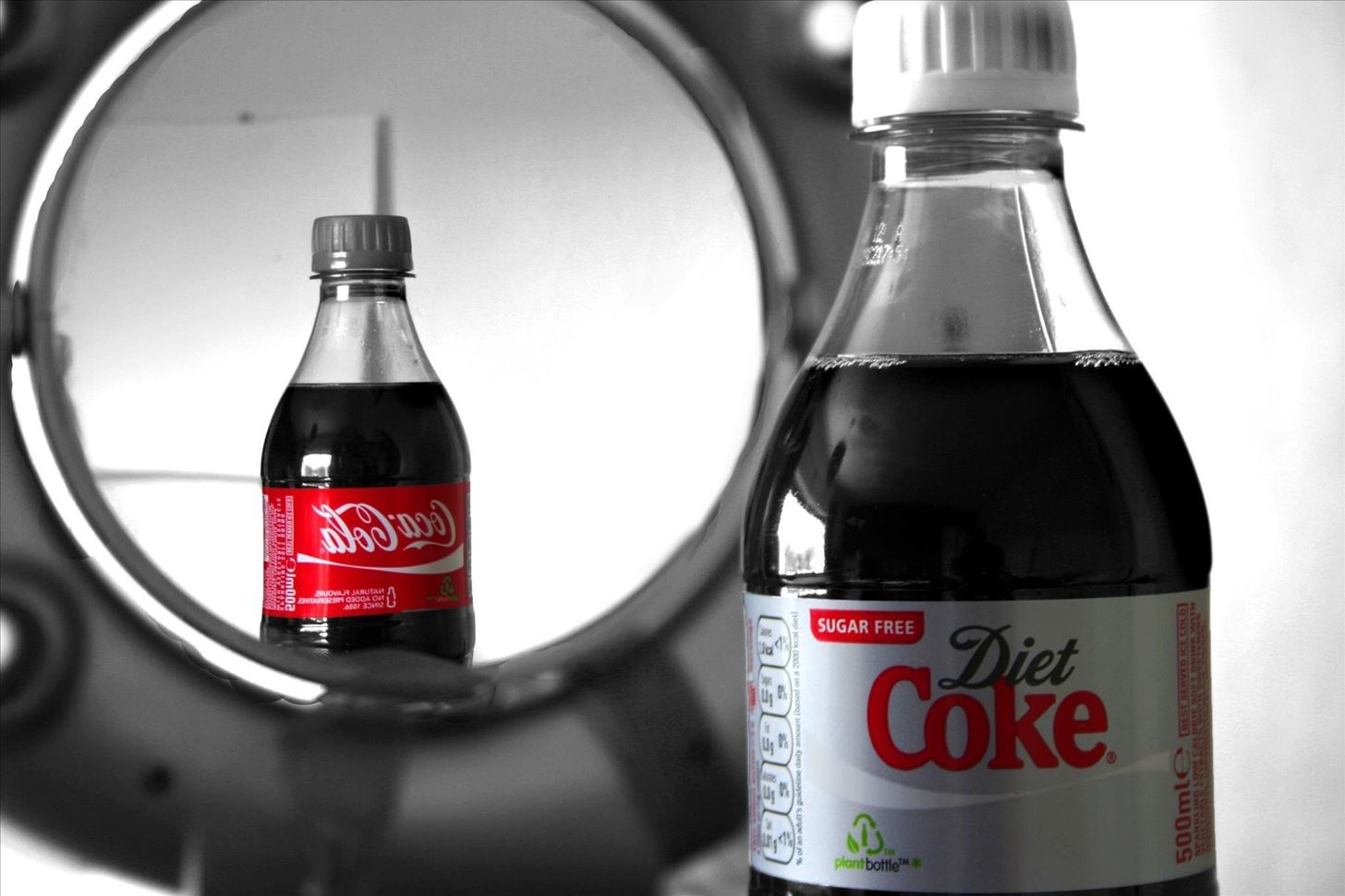
Breaking Down the Diet Soda Study
In the study, they revealed that diet soda drinkers that were already overweight seemingly compensated for their diet soda with eating more unhealthy and higher calorie foods. The segment of overweight people that chose to stay with the regular soda actually consumed less calories as they had nothing to compensate for.
"Among overweight and obese adults, calories from solid-food consumption were higher among adults consuming diet beverages."

For example, an overweight Diet Coke drinker might be more likely to get his or her meal super-sized when compared to an overweight regular Coca-Cola drinker.
"The net increase in daily solid-food consumption associated with diet-beverage consumption was 88 kilocalories for overweight and 194 kilocalories for obese adults."
That is an incredible uptick in calories consumed per day, considering that 1 kilocalorie = 1,000 calories. The theory for why this occurs is still undergoing research, but some doctors believe that those that consume artificial sugar feel the need to eat more.
Since real sugar sends signals to the brain that you're eating something sweet and don't need much more, the artificial sweeteners used in diet drinks do not send the same information to the brain, leading to overeating.

Over time, people do become accustomed to the flavor and "sweetness" of these diet drinks and may not have the same reaction in the long run.
What Happens to Average Weight Soda Drinkers?
So, what does this study mean for people who are not overweight or obese?
Well, according to the study, "Total calorie intake was higher among adults consuming sugar-sweetened beverages compared with diet beverages."

Healthy weight to normal weight folks that opted for the diet drink tended to intake fewer calories in total. Those healthy weight or normal weight folks that did drink regular, sugary soft drinks did consume more calories per day, but not a very significant increase.
What Exactly Is Overweight or Obese Anyway?
If you're not sure whether you're overweight or obese or not, just take a look at the Center for Disease Control's page on obesity. For someone that is 69 inches tall, you will see that they indicate being overweight as having a body mass index (BMI) of 25 and 29.9, and obese carries a BMI of 30 or higher.

You can calculate your own BMI here.
How to Avoid Overconsumption
Now that you're equipped with this new information, you can be better equipped to fight against it. Know that ordering a diet soda or even a salad doesn't mean that you can splurge on some other food item later on. It's all about recognizing how much you're eating and how much energy you exert. Running 20 miles a day means you can eat more food without gaining as much weight as someone would if they didn't run 20 miles a day.
As the CDC says, "weight change isn't a diet, but a lifestyle."
Avoid coupling a diet soda with a super-fatty main course. If you're at the drive-thru, try ordering a chicken sandwich or turkey burger every now and then. A change in diet starts with changes in habits, and when it really comes down to it, you may want to avoid sugary drinks and soda all-together, be it diet or not. Artificial sweeteners have just as many cons as they have pros. I'm not saying drink water with every meal, just try to moderate how much soda pop you consume.
If you have any questions, tips, or advice feel free to let us know in the comments section.
Just updated your iPhone? You'll find new emoji, enhanced security, podcast transcripts, Apple Cash virtual numbers, and other useful features. There are even new additions hidden within Safari. Find out what's new and changed on your iPhone with the iOS 17.4 update.
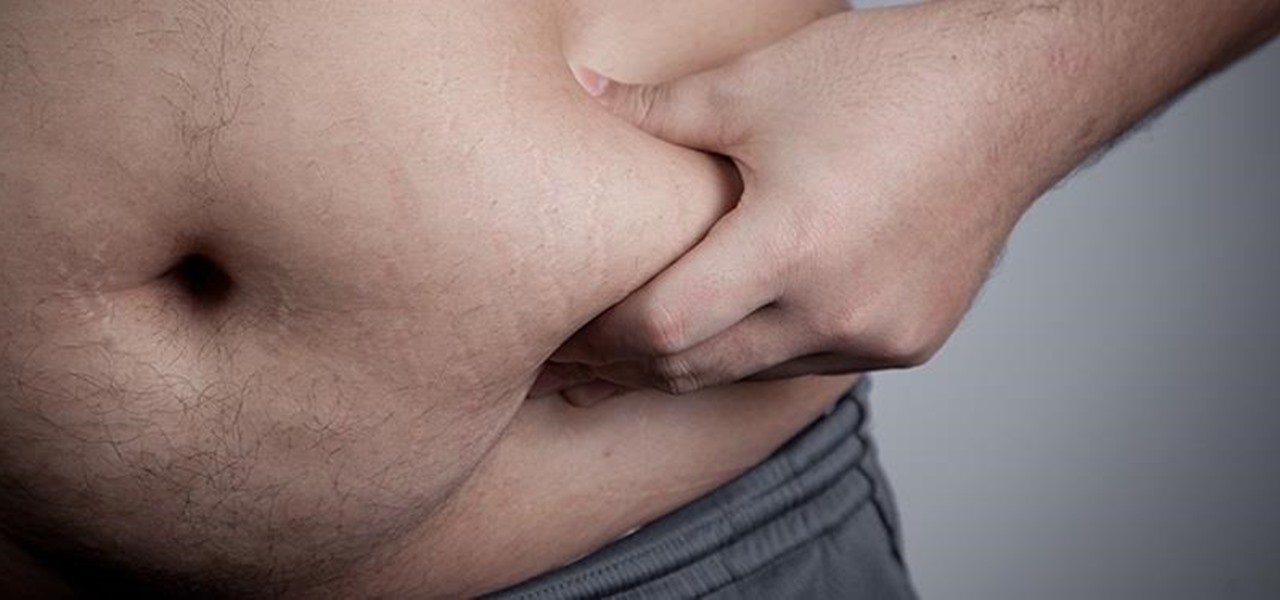


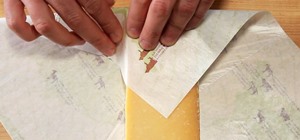
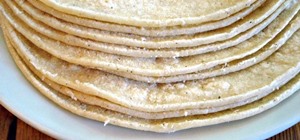
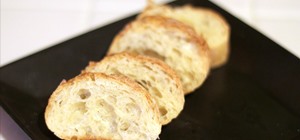
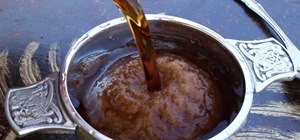
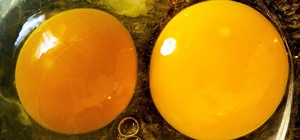
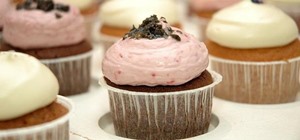
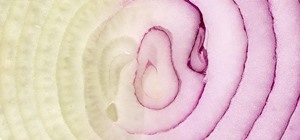
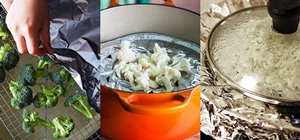
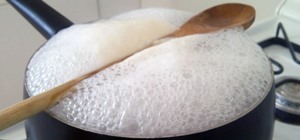
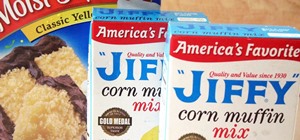
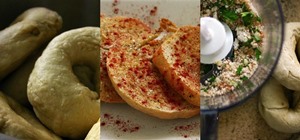

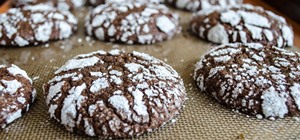
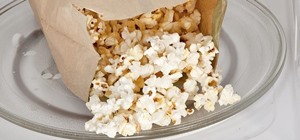
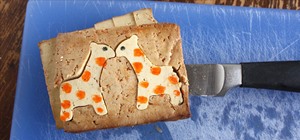
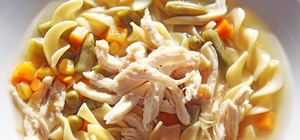
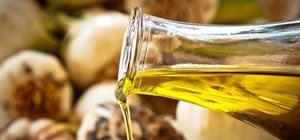
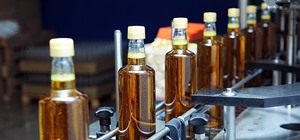

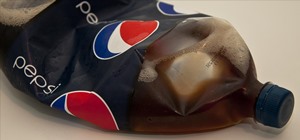
1 Comment
You note that 1 kilocalorie = 1000 calories, however the common use of thw the word Calorie actually refers to a kilocalorie. Note the capitalization of the "c", little c refers to one calorie (a unit of energy), while uppercase C refers to one kilocalorie, the unit used in nutrition.
Share Your Thoughts